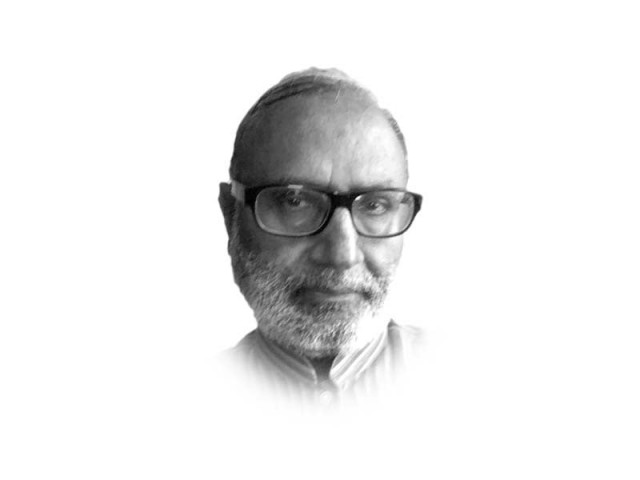Wages of Sindh and Nobel Prize
Increasing minimum wage, or even having a minimum wage, actually increases unemployment

Yesterday, PILER brought to Islamabad labour leadership to deliberate on the context and challenges facing workers in order to find a way forward. Here is the context. The award of latest Nobel Memorial Prize in economics has not attracted the attention it normally gets in media and among our economists. Also gone unnoticed is the Sindh High Court dismissal of the employers’ plea against the provincial government decision to fix the minimum wage at Rs25,000, which is above the federally determined level of Rs20,000. Again, no eyebrows have been raised on Sindh government decision to ensure a minimum salary for private school teachers. Our Chicago boys tell us that increasing minimum wage, or even having a minimum wage, actually increases unemployment. Similarly, unemployment benefits encourage those able to work to stop seeking work. In a country where employers “employ” politicians to seek rents and deny workers a minimum wage, and support think-tanks to carry out justificatory research, it is only to be expected. They control the media, too, in setting the agenda. The collateral damage of Covid-19 — the webinars — is no exception. These religiously held notions have been demolished by the evidence presented by a serious academic. His research has won him the Nobel this year.
David Card, who shared it with Joshua D Angrist and Guido W Imbens, received it “for his empirical contributions to labour economics”. His outstanding research, conducted jointly with Alan Krueger, related to the impact of minimum wage on employment. They did not theorise, but challenged the received wisdom on the basis of credible evidence from the US states of Pennsylvania and New Jersey. In 1992, the former kept the minimum wage unchanged and the latter increased it. Higher minimum wage, they found, had little effect on employment. Actually, there was some increase. In other words, businesses continued to grow, despite the higher wage cost. In the High Court of Sindh, the employers — big and not so big — peddled the neoliberal line that the minimum wage hike by Sindh government will have “extremely adverse impact even amounting to closure of business”. It will “place the petitioners in most uncompetitive and disadvantageous position”. The honourable court rejected the plea and ordered maintaining the minimum wage at Rs25,000. It went further directing the government to ensure that all unskilled workers, men and women, receive it too. Further, the government was directed to extend the right to minimum wage to the informal sector. While the informal sector waits, as it is not easy to size up and regulate, the Sindh government has acted in another area of neglect. Private schools pay their teachers, particularly women, a pittance. Some are paid as low as Rs5,000 and most below the minimum wage, despite the schools charging fat fees and earning supernormal profits.
After touching the raw nerve of minimum wage in the seminal paper, “Using Regional Variation in Wages to Measure the Effects of the Federal Minimum Wage”, in 1992, Card with Krueger published an expanded version in the book, Myth and Measurement. Card says he then had to stop: “It cost me a lot of friends. People that I had known for many years, for instance, some of the ones I met at my first job at the University of Chicago, became very angry or disappointed. They thought that in publishing our work we were being traitors to the cause of economics as a whole.” There was no stopping the credibility revolution, though. Similar natural experiments dispelled the notion that unemployment benefits disincentivise job search.
Published in The Express Tribune, November 19th, 2021.
Like Opinion & Editorial on Facebook, follow @ETOpEd on Twitter to receive all updates on all our daily pieces.















COMMENTS
Comments are moderated and generally will be posted if they are on-topic and not abusive.
For more information, please see our Comments FAQ